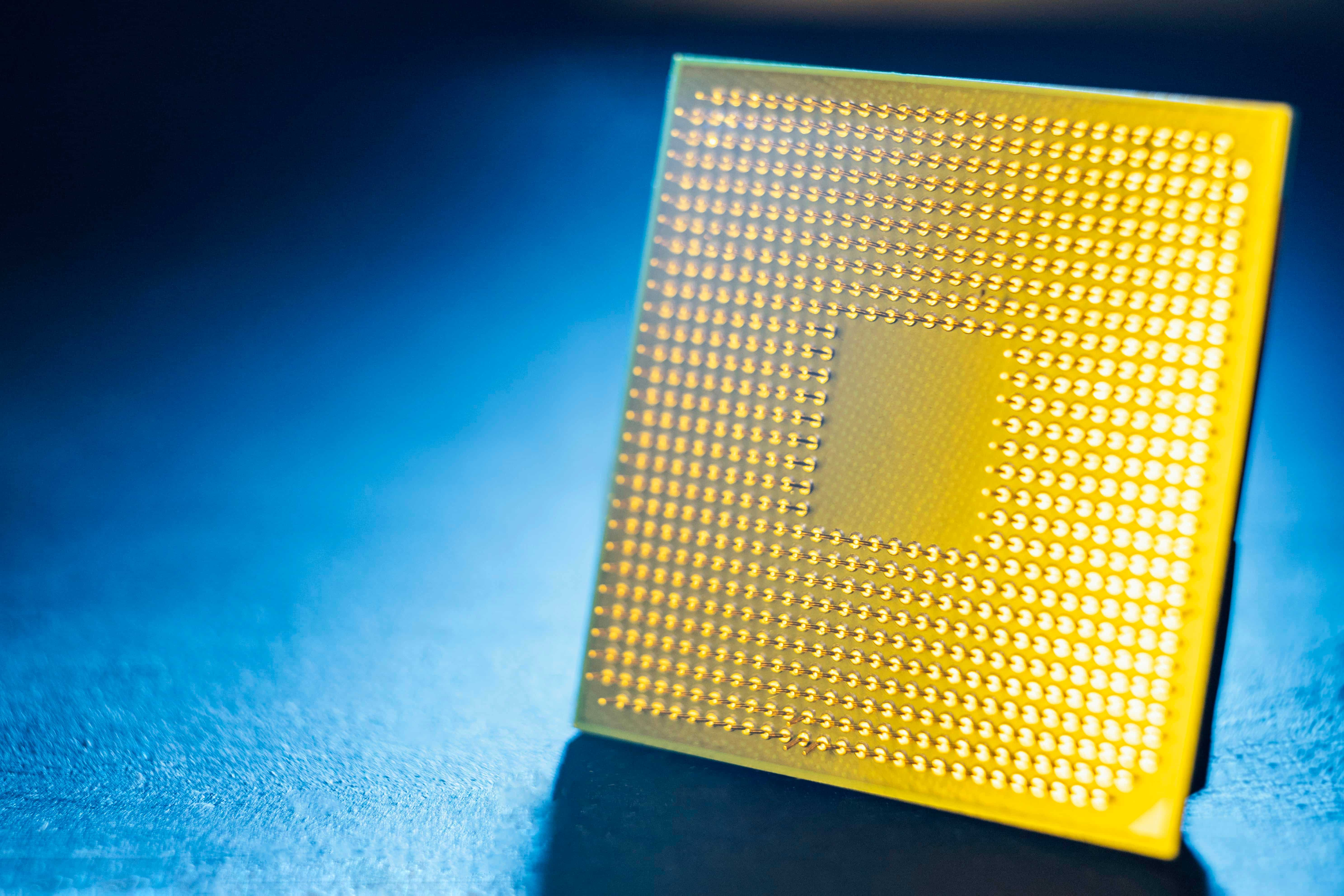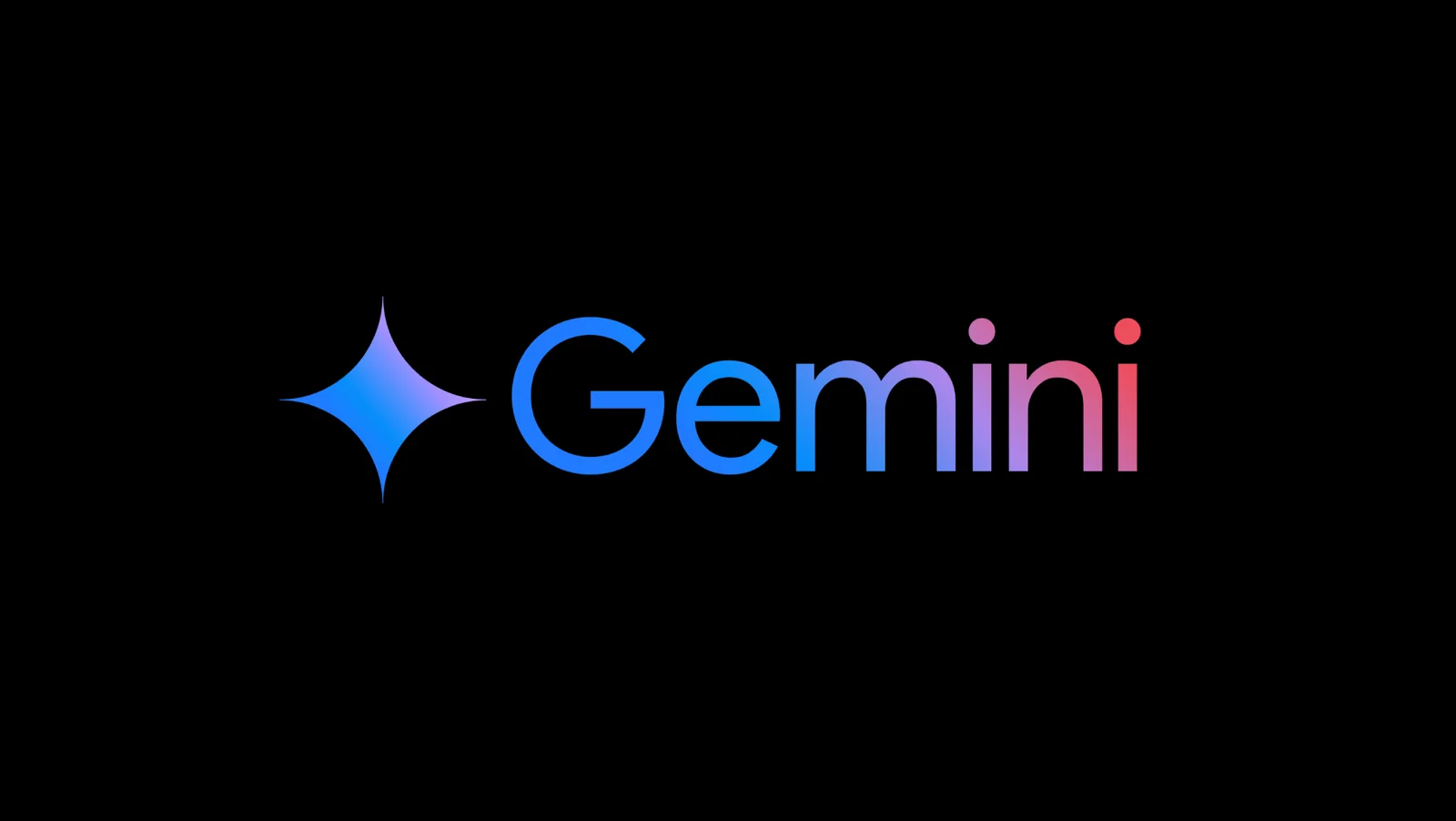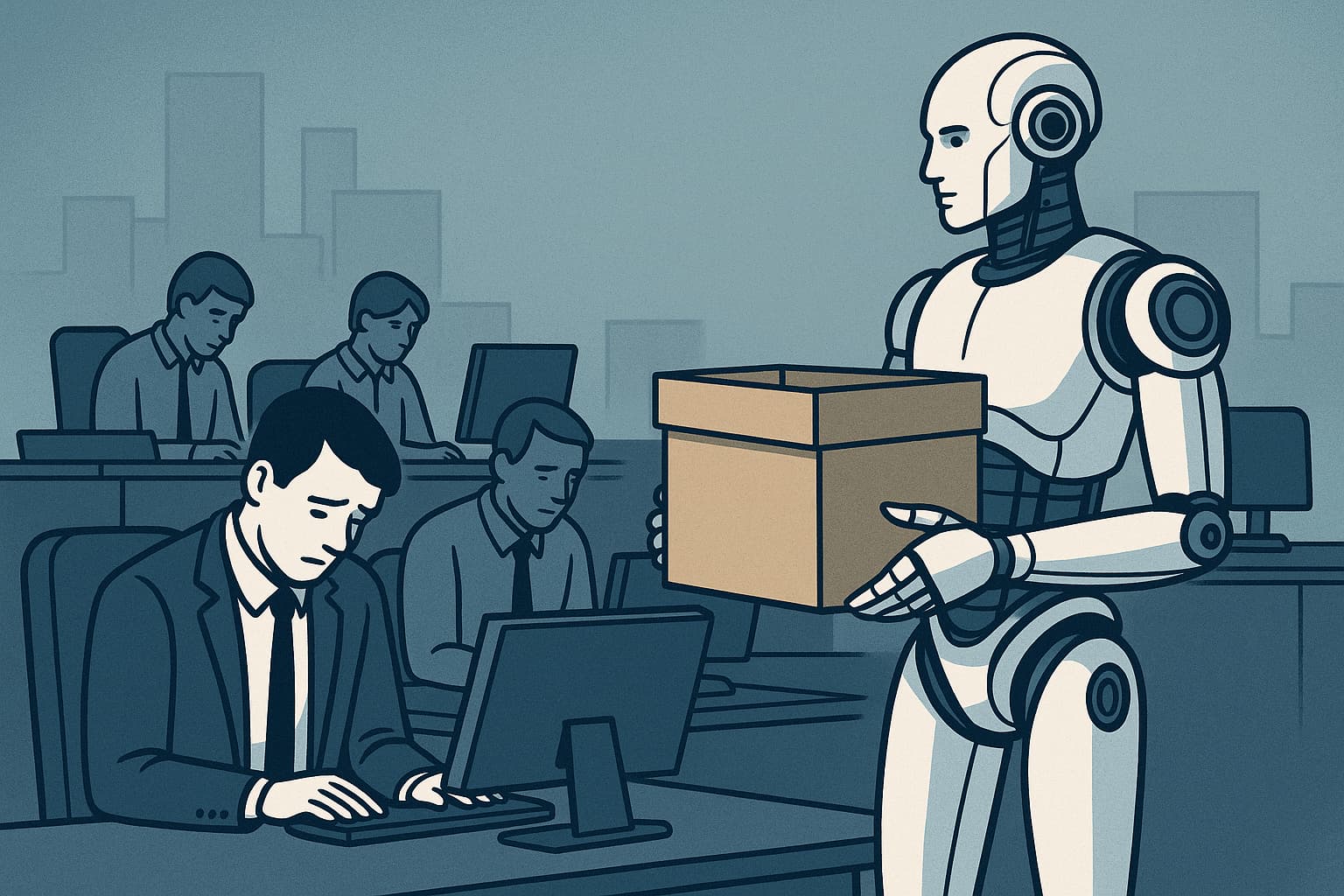Generative AI is reshaping the job market by reducing the need for entry-level positions, particularly in white-collar industries. Analysts warn that young workers are losing the opportunity to acquire skills through traditional on-the-job experience, which has historically paved the way for promotions.
Employers are drawn to AI for its efficiency, as it can complete tasks in a fraction of the time it once took human teams. This shift poses a threat to the traditional career ladder, resulting in a shortage of trained candidates for senior and managerial roles in the years to come.
Young professionals can counter these trends by acquiring practical AI skills, even outside of technology sectors. Combining human strengths, such as strategic thinking, with AI proficiency may help early-career workers remain competitive and adapt to evolving workplace demands.
Would you like to learn more about AI, tech, and digital diplomacy? If so, ask our Diplo chatbot!










